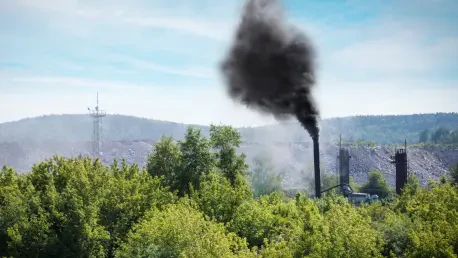In an innovative move toward reducing carbon emissions and advancing renewable energy efforts, the Goa Energy Development Agency (GEDA) has initiated a groundbreaking project. This venture focuses on converting plantation and garden waste into solid biofuels, marking a significant shift in sustainable waste management within the region. Collaborating with panchayats, plantation owners, and industrial sectors, this project exemplifies how community engagement enhances sustainable energy solutions. At the heart of the initiative lies a biomass briquette plant with a capacity of 40 tonnes per day, located in Saligao. Managed by Punjab Renewable Energy Systems Pvt Ltd, the plant currently produces between 10 and 15 tonnes daily. The goal is to bolster this output by solidifying partnerships with local governing bodies such as the Corporation of the City of Panaji (CCP) and the Mapusa Municipal Council (MMC), ensuring a robust and consistent supply of biomass waste.
Integrating Technology and Local Efforts
To support effective biofuel trading and utilization, GEDA has launched e-Indhan, a digital platform uniting biomass suppliers with industrial users. This initiative plays a vital role in the broader plan to incorporate garden waste into the energy supply chain. Still, the project faces logistical challenges, including issues of storage capacity and transportation, as highlighted by entities like the Taleigao panchayat and the MMC. In response, authorities are evaluating waste generation capacities and exploring the installation of equipment such as shredders and chippers to optimize processes. These proactive measures underscore a dedication to evolving Goa into a cleaner, more self-reliant state through renewable energy solutions, emphasizing a significant reduction in carbon emissions. The initiative not only showcases Goa’s commitment but also provides a promising model for other regions to address waste management issues, encourage community collaboration, and advance toward clean, sustainable energy solutions.









